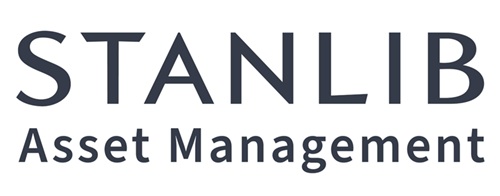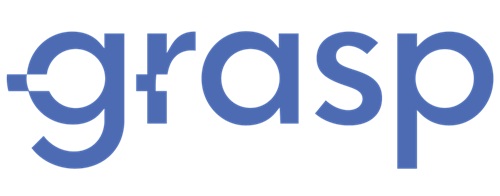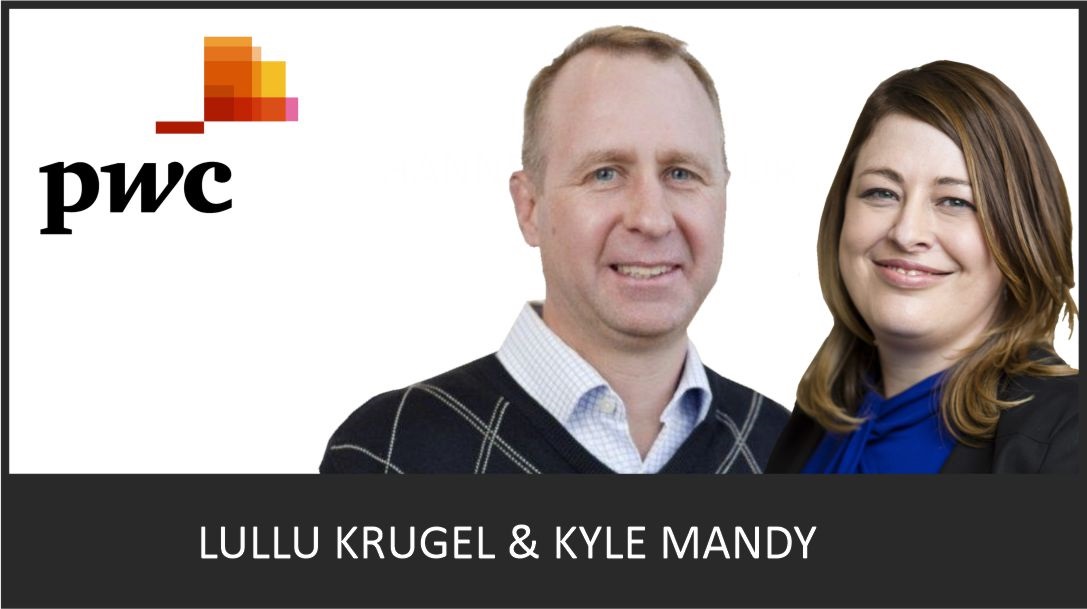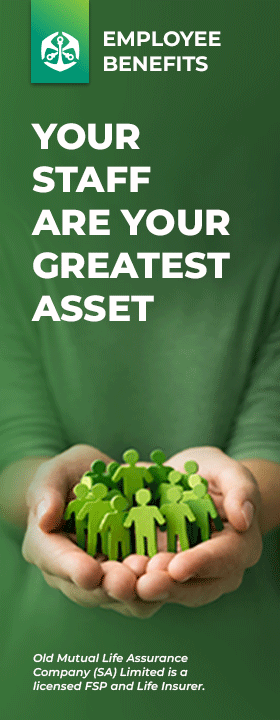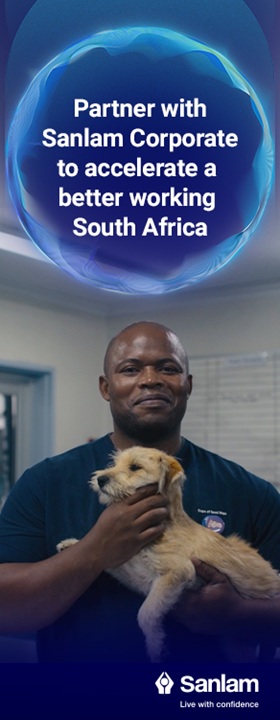Maarten Ackerman, Chief Economist at Citadel
Despite a volatile year marked by tariff conflict, shifting global sentiment and political uncertainty, the global economy remains more resilient than expected. According to Maarten Ackerman, Chief Economist at Citadel, the risk of a global recession has receded, replaced instead by the likelihood of a controlled slowdown.
“This year has certainly thrown the markets a few curveballs,” says Ackerman. “While 2025 started on a buoyant note, by April, markets were pricing in a global recession after United States (US) President Donald Trump’s tariff announcements. Yet as we close the year, the data tells a different story: the world has managed to absorb these shocks with surprising resilience.”
Ackerman says Citadel’s role is to “filter through the noise” and help clients position themselves for opportunity while managing risk, a philosophy that earned the firm the 2025 Raging Bull Award for South African (SA) Manager of the Year.
“That award is not just about performance,” he explains. “It’s recognition that we’ve achieved strong results while taking on lower levels of risk. In uncertain times, that’s what separates good asset managers from great ones.”
Global growth slows but avoids recession
Ackerman believes the global economy is entering a period of moderate expansion, with growth likely to hover between 2% and 2.5% over the next few years, enough to support corporate earnings without fuelling overheating.
US: Soft patch ahead
“The US economy remains resilient,” he says. “Growth above 3% earlier this year surprised markets, but we expect a soft patch as tariffs begin to bite. This is not a recession, but a moderation to around 2% growth.”
He adds that sticky inflation and cooling job creation will make the next phase of US growth narrower and more uneven. “Artificial Intelligence (AI) and technology investment remain powerful tailwinds,” says Ackerman. “But much of the current momentum is being supported by pre-emptive consumer and business spending ahead of higher import costs.”
Europe and the United Kingdom: Modest Recovery
Europe’s recovery, he says, is “gradual but positive,” supported by higher fiscal spending and resilient consumers. Growth across the European Union (EU) is expected to average around 1.3% in the coming years.
The UK shares a similar trajectory, with slightly higher inflation and weaker investment. “Business confidence and productivity remain challenges,” Ackerman notes, “But both regions are slowly stabilising.”
China: From factories to families
China continues to target growth of around 5% but faces a prolonged property slump and weak consumer confidence.
“China’s challenge is shifting from investment-led to consumption-driven growth; without stronger stimulus, growth could slip closer to 4% per year. Still, its diversified exports to Africa and the broader BRICS bloc are cushioning the blow from US tariffs,” Ackerman says.
He adds that expanding trade between emerging markets now accounts for nearly 50% of global commerce, a structural shift that makes the world economy more resilient to Western shocks.
“America is no longer the only game in town; the BRICS economies represent half the world’s population and a third of global gross domestic product (GDP). That diversification is key to the next phase of global growth,” he notes.
SA: Quiet progress beneath the noise
Back home, Ackerman says SA is benefitting from favourable global dynamics, particularly a robust commodity cycle that has supported the Johannesburg Stock Exchange (JSE), strengthened the rand and underpinned tax revenues.
“The demand for platinum and gold has lifted our economy, but this is a cycle, not a structural fix,” he cautions. “The real opportunity lies in restoring competitiveness, improving productivity and attracting investment.”
Encouragingly, governance and fiscal discipline have improved. The Government of National Unity (GNU) has provided a more balanced and business-friendly approach, while private investment in renewable energy has sharply reduced loadshedding.
“Eskom’s turnaround shows what’s possible when private capital is allowed to work,” says Ackerman. “There’s still much to fix, but the direction is positive.”
He notes that SA’s second-quarter GDP growth of over 3% marked the first broad-based recovery since the pandemic, driven by manufacturing, mining and retail activity. “For the first time in years, we’re seeing more contributors to growth rather than isolated spikes.”
However, headwinds remain. “Consumer confidence is weak, investment is sluggish and productivity is negative,” he says. “Our population is growing faster than our productivity, which caps growth potential around 1%. Unless we improve competitiveness and reduce red tape, that won’t change soon.”
Boxing clever: Citadel’s strategy for 2026
Looking ahead, Ackerman says, “When we look more closely at the economic fundamentals, while we cannot deny that we are in an environment where there is going to be softness globally over the next year, there are still a lot of opportunities for investors.”
He concludes. “In this environment, it is important that we ‘box clever’ and find the right opportunities, because not all companies will do well in this current economy. Our job is to find those that do and to then find alternative investment opportunities that support or preserve wealth and more importantly, to ensure we avoid any potential downside risk. As we move into 2026, our focus remains on preserving and growing our clients’ wealth with resilience and foresight.”
ENDS

